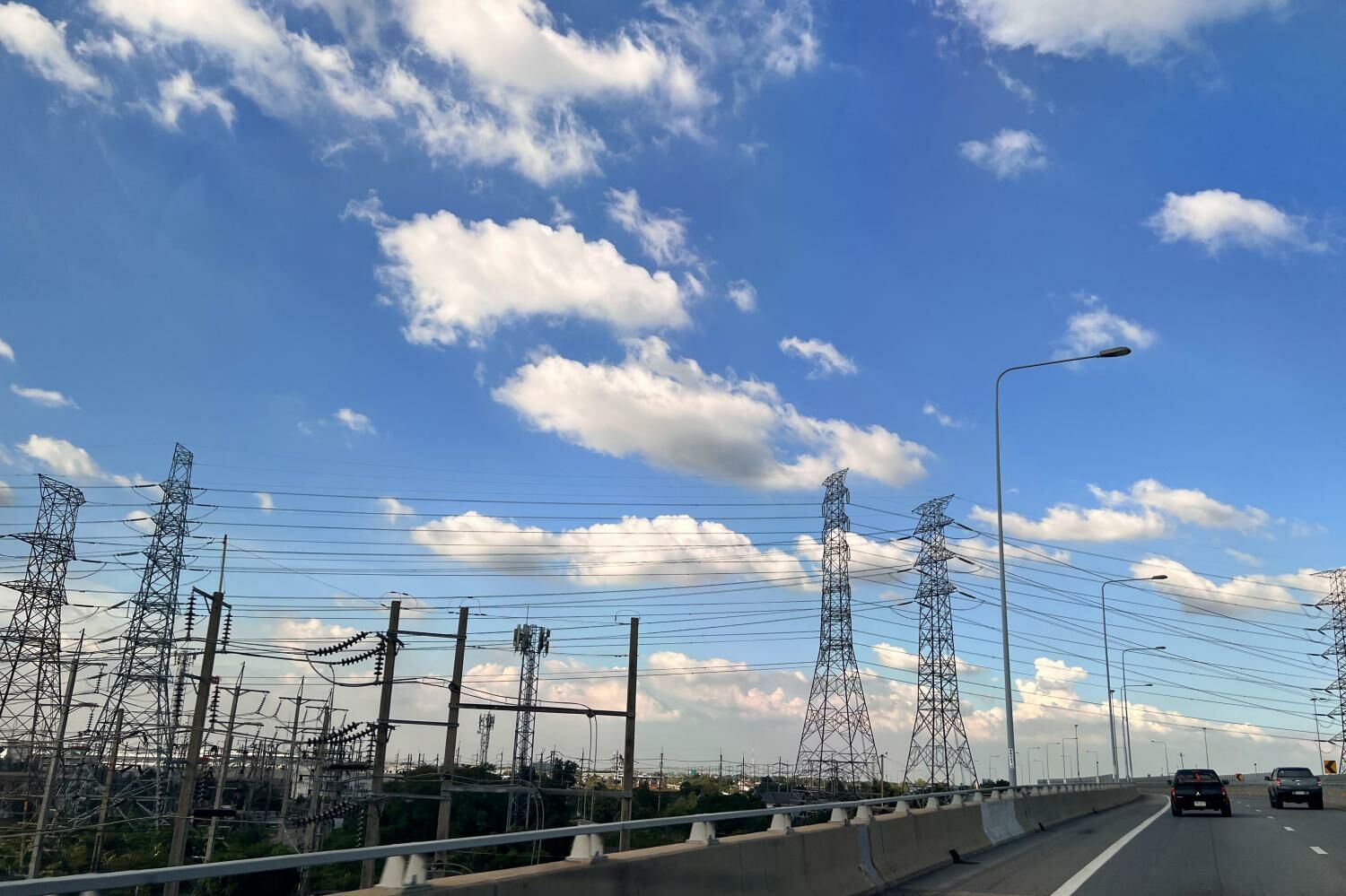Thai industry calls for retention of current power tariff amid hike fears

The Joint Standing Committee on Commerce, Industry and Banking (JSCCIB) is urging the Thai government to retain the current power tariff of 3.99 baht per kilowatt-hour. The request comes amid concerns that a proposed hike to 4.68 baht could escalate operational costs for manufacturers, leading to a 5 to 10% increase in product prices.
The Energy Regulatory Commission previously suggested the tariff increase, attributing it to rising fuel costs and the need for repayment to the state Electricity Generating Authority of Thailand (EGAT). EGAT incurred substantial losses after subsidising electricity bills from September 2021 to May 2023, to mitigate the impact of rising fuel prices on households and businesses.
However, this proposed new tariff was deemed too high by Prime Minister Srettha Thavisin, who pledged to discuss with officials a possible adjustment. The current rate of 3.99 baht is set to remain in place until the close of December, with a new rate determined every four months, reported Bangkok Post.
Kriengkrai Thiennukul, chairman of the Federation of Thai Industries (FTI), a key member of the JSCCIB, pointed out that if the power tariff rises to 4.68 baht a unit, businesses will not be able to control energy costs and will need to increase the prices of goods, eventually affecting the cost of living.
Kriengkrai also warned of a potential 17% increase in operating costs should the 4.68-baht rate be enforced.
In a recent development, the Energy Ministry suggested a revised rate of 4.20 baht per unit. This, in turn, would result in manufacturers’ costs increasing by 5%, leading to a 2 to 4% rise in goods’ prices.
Isares Rattanadilok Na Phuket, vice-chairman of the FTI, expressed the JSCCIB’s desire for the government to develop a long-term plan for Thailand’s energy price structure. High power bills, compared to neighbouring countries such as Vietnam, have been blamed on the current structure.
Gas prices, in particular, need careful management, given their significant contribution to power generation in Thailand. Approximately 60% of the power generated in the country depends on gas, which also supports the petrochemical industry.
Sanan Angubolkul, chairman of the Thai Chamber of Commerce, warned that Thailand’s competitiveness in attracting foreign investment could be compromised if electricity bills remain high.
The JSCCIB anticipates that Thailand’s GDP will grow by 2.8 to 3.3% next year, driven by an expected 2 to 3% increase in exports and inflation rates of 1.7 to 2.2%. Projections for 2024 include the government’s plan to implement a 10,000-baht digital money handout.
This year, the JSCCIB predicts a GDP growth of 2.5 to 3%, paired with a contraction in exports by 1 to 2% and inflation rates of 1.3 to 1.7%. For the first nine months of the year, the economy grew by 1.9%, primarily due to sluggish exports resulting from a global slowdown, particularly in the US and Europe.
Latest Thailand News
Follow The Thaiger on Google News:


























